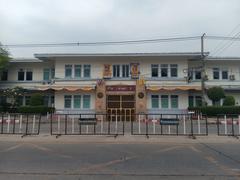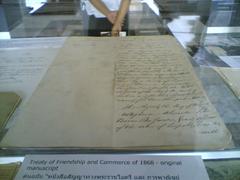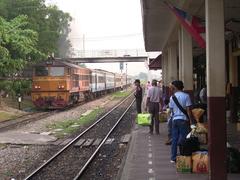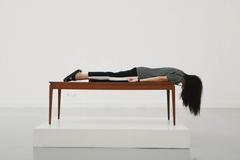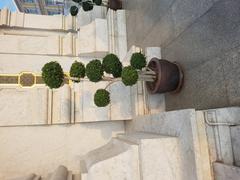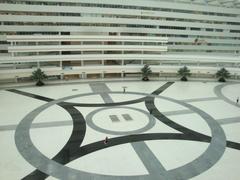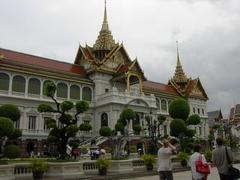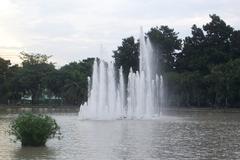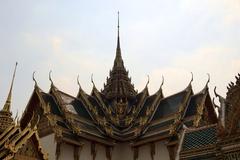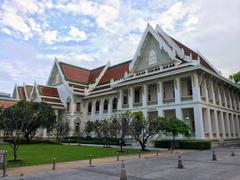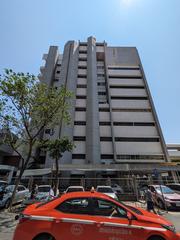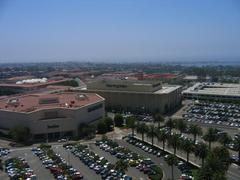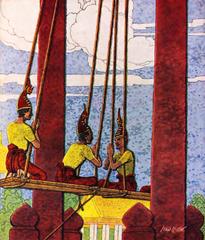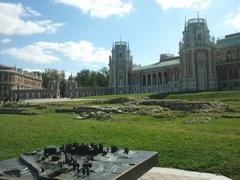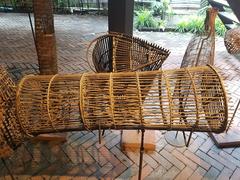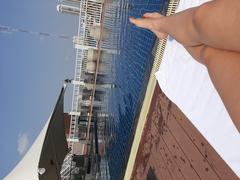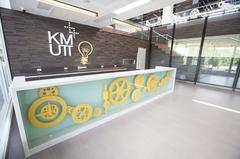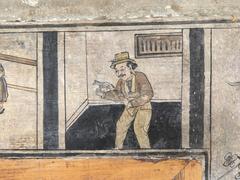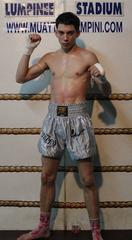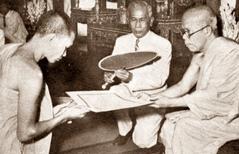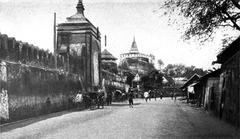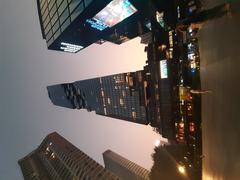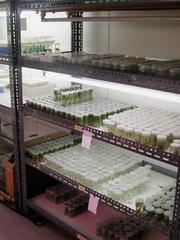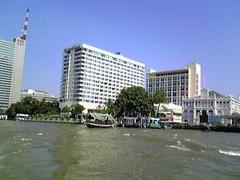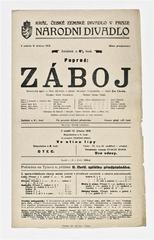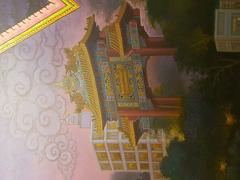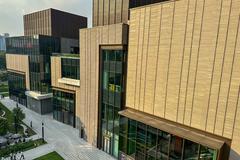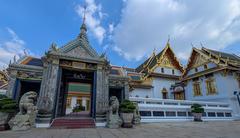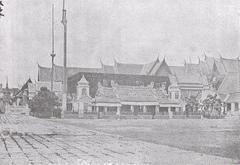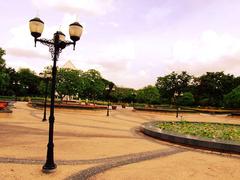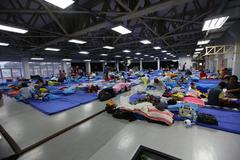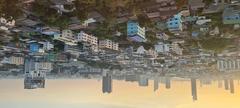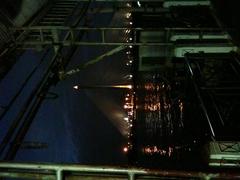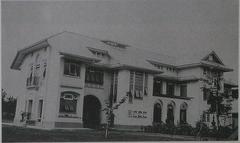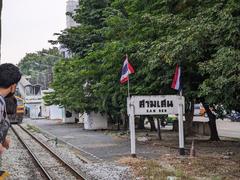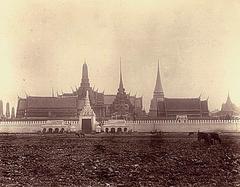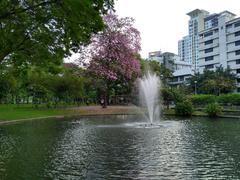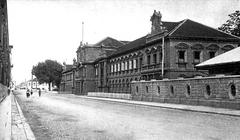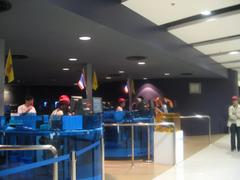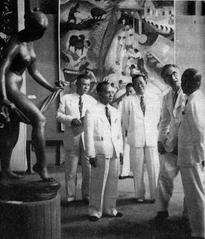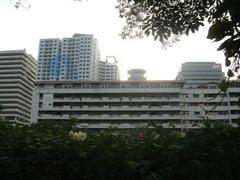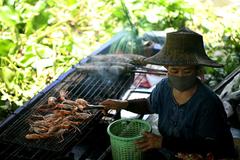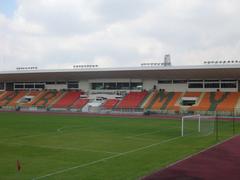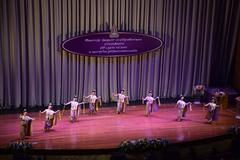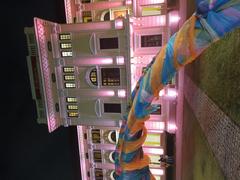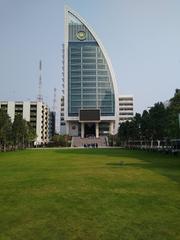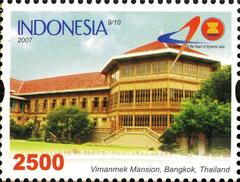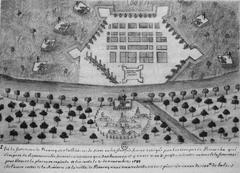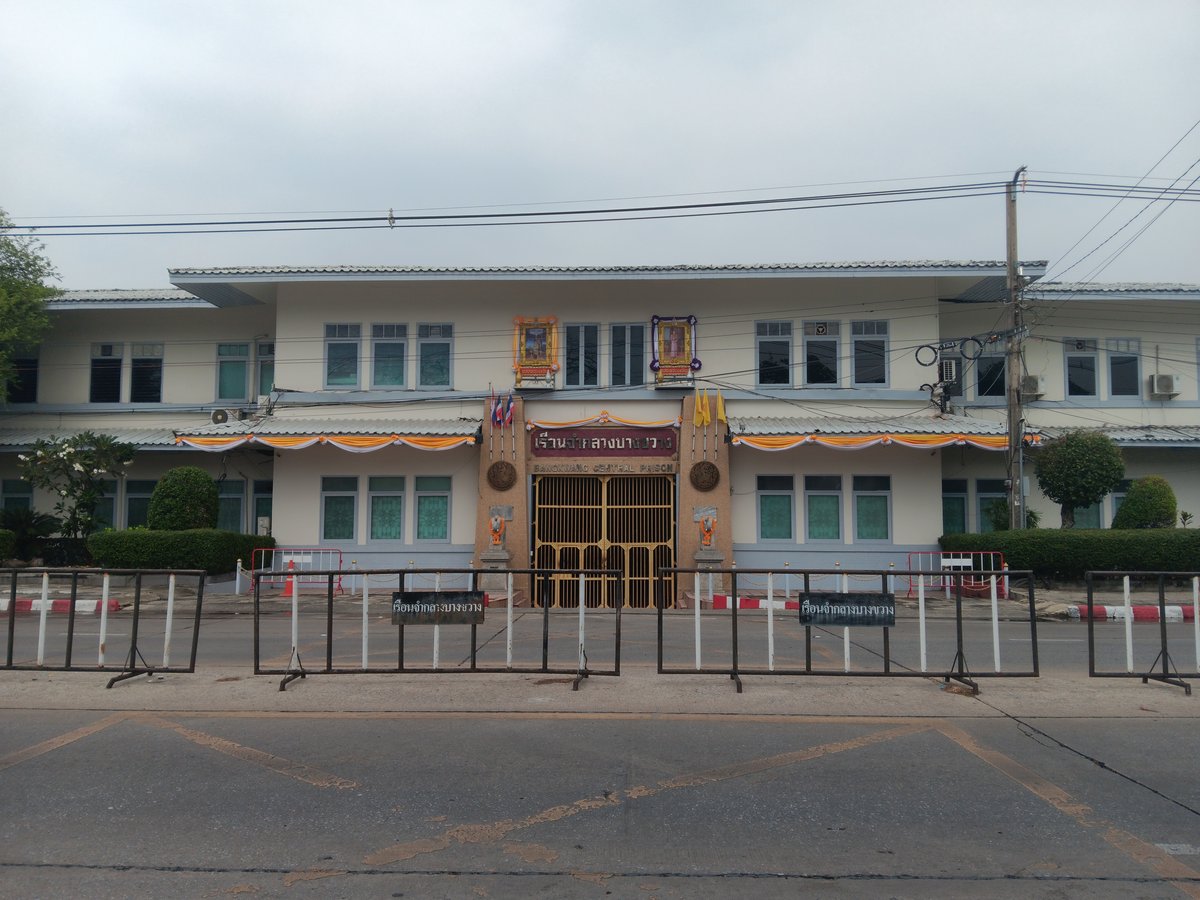
Bang Kwang Central Prison: Visiting Hours, Tickets, and Historical Significance in Bangkok
Date: 14/06/2025
Introduction
Bang Kwang Central Prison, often referred to as the “Bangkok Hilton” or “Big Tiger,” stands as one of Thailand’s most infamous and historically significant correctional institutions. Located in Nonthaburi Province along the Chao Phraya River, just north of Bangkok, Bang Kwang has housed some of the nation’s most serious offenders since its completion in the early 1930s. It is renowned for its strict regime, harsh conditions, and role as Thailand’s men’s death row facility. Although not accessible to tourists and closed to public tours, understanding Bang Kwang’s history, cultural significance, and visitor protocols offers valuable insight into Thailand’s criminal justice system and broader human rights context.
This comprehensive guide explores Bang Kwang’s origins, its place within the Thai penal system, notorious reputation, and recent reforms. The article also provides practical information for those authorized to visit, including eligibility, required documentation, visiting hours, etiquette, and legal considerations. For further background and visitor experiences, see resources such as GlobalGaz, ASEAN Now, and Prison History.
Table of Contents
- Introduction
- Early Origins and Construction
- Role in the Thai Penal System
- Notorious Reputation and Conditions
- The Practice of Shackling and Its Abolition
- International Attention and Cultural Impact
- Modern Reforms and Continuing Challenges
- Visiting Bang Kwang Central Prison: What You Need to Know
- Location, Access, and Transportation
- Visitor Eligibility and Purpose
- Required Documentation and Pre-Visit Arrangements
- Visiting Hours and Duration
- Security Procedures and Dress Code
- The Visiting Experience
- Gifts, Money, and Support
- Etiquette and Respectful Conduct
- Practical Tips for Visitors
- Legal and Safety Considerations
- Frequently Asked Questions (FAQ)
- Conclusion
- Resources and References
Early Origins and Construction
Bang Kwang Central Prison was constructed between 1927 and 1931 as part of early 20th-century modernization efforts under King Rama VII, though originally envisioned by King Rama V. The facility was built to confine offenders convicted of severe crimes, such as murder, drug trafficking, and high-profile financial fraud. Its riverside location was chosen for strategic security and logistical reasons (Prison History; World of History; Wikipedia).
Role in the Thai Penal System
Bang Kwang is managed by the Department of Corrections under the Ministry of Justice. It primarily houses male inmates serving sentences over 25 years, life sentences, or awaiting execution. The prison contains Thailand’s main execution chamber, which shifted from firing squad to lethal injection in 2003 (World of History; Wikipedia). It is also notable for holding inmates convicted of serious financial crimes and for its large population of foreign prisoners (Thailand Bail).
Notorious Reputation and Conditions
Originally designed for about 3,500 inmates, Bang Kwang’s population has swelled to nearly 8,000 at times, contributing to severe overcrowding. Conditions inside are harsh: most inmates share cramped cells (sometimes up to 25 per room), and struggle with limited food, sanitation, and healthcare. These circumstances have led to the prison’s fearsome reputation, with widespread reports of physical and psychological hardship (World of History; Thailand Bail; Wikipedia).
The Practice of Shackling and Its Abolition
For decades, new inmates—especially those on death row or serving lengthy sentences—were forced to wear heavy iron leg shackles for at least the first three months. This practice became symbolic of Bang Kwang’s severity. In May 2013, shackling was abolished for most prisoners, a significant step in improving inmate rights, although some high-risk prisoners remained shackled temporarily (World of History; Prison History).
International Attention and Cultural Impact
Bang Kwang’s harsh regime and the presence of foreign inmates have attracted attention from international media and human rights organizations (World of History). The prison inspired the 1989 Australian miniseries “Bangkok Hilton,” solidifying its infamous nickname in the West (World of History; Prison History). Locally, the nickname “Big Tiger” reflects its fearsome reputation.
Modern Reforms and Continuing Challenges
In response to criticism, the Thai government has undertaken reforms aimed at alleviating overcrowding, improving healthcare, and ending shackling. Welfare programs such as monthly video calls have been introduced to help inmates, particularly foreigners, stay in touch with family (Thailand Bail). Despite progress, overcrowding and limited resources remain ongoing challenges (World of History).
Visiting Bang Kwang Central Prison: What You Need to Know
While Bang Kwang is not open to tourists and does not offer public tours or tickets, authorized visits are possible for family members, legal representatives, embassy staff, and approved volunteers. Understanding the protocols is crucial for a respectful and smooth experience.
Location, Access, and Transportation
- Address: Nonthaburi Province, north of Bangkok, along the Chao Phraya River (GlobalGaz)
- By Taxi: A taxi from central Bangkok to Bang Kwang costs under 300 Baht and takes about an hour. Bring the address in Thai.
- By Boat: From Khao San Road, take a long-tail boat to Nonthaburi Pier (45 minutes, under 20 Baht), then walk 10 minutes to the prison (GlobalGaz).
Visitor Eligibility and Purpose
- Visits are strictly for family, friends, embassy personnel, and authorized humanitarian volunteers.
- Casual or curiosity-driven visits are strongly discouraged.
- Embassies may provide lists of inmates open to receiving visitors (ASEAN Now; GlobalGaz).
- Organizations like Thailand Prisoner Support can help arrange legitimate visits.
Required Documentation and Pre-Visit Arrangements
- Passport: Bring your original passport and a photocopy.
- Visitor Form: Complete with your details and intended inmate’s name.
- Advance Coordination: Confirm arrangements with embassies or support groups prior to arrival.
- Arrival: Arrive 30 minutes before visiting hours for checks and registration (GlobalGaz).
Visiting Hours and Duration
- Visits are typically on weekdays, excluding some holidays. Schedules can change.
- A standard visit lasts about 45 minutes (ASEAN Now).
Security Procedures and Dress Code
- Security: Thorough screening is required; leave personal items (phones, wallets, bags) with guards.
- Dress Code: Wear modest, non-revealing clothing. Inappropriate attire may result in denied entry or the need to wear provided wraps (GlobalGaz).
The Visiting Experience
- Area: The visitor area is adjacent to the main gates but outside the high-security walls.
- Communication: All interaction is via telephone through glass partitions; no physical contact is allowed (ASEAN Now).
- Separation: Thai and non-Thai visitors are placed in separate areas.
Gifts, Money, and Support
- Gifts: Direct delivery of food or gifts is not permitted; the prison shop is no longer available to visitors (ASEAN Now).
- Financial Support: Money can be deposited into an inmate’s account for commissary purchases (ASEAN Now; GlobalGaz).
Etiquette and Respectful Conduct
- Approach visits with empathy, not curiosity (ASEAN Now).
- Respect privacy; avoid intrusive questions.
- Photography is strictly prohibited.
Practical Tips for Visitors
- Language: Staff may speak limited English; prepare key information in Thai.
- Weather: Waiting areas are outdoors; dress appropriately.
- Patience: Allow extra time for security and registration.
- Transport: Plan your return in advance, as public transport is limited after visiting hours.
Legal and Safety Considerations
- For legal matters, consult experienced law firms (Thailand Bail).
- Foreign nationals should inform their embassy before visiting (GlobalGaz).
Frequently Asked Questions (FAQ)
Q: Can tourists visit Bang Kwang Central Prison?
A: No, only family, friends, embassy staff, and authorized volunteers may visit.
Q: How do I check visiting hours?
A: Contact embassies or support organizations; hours can change.
Q: Are there guided tours or events?
A: No; Bang Kwang is not a tourist site.
Q: Is photography allowed?
A: No, all cameras and recording devices are banned.
Visual Aids and Resources
- Thailand Prisoner Support – Assists with arranging visits and supporting inmates.
- ASEAN Now Forum – Visitor experiences and procedural updates.
- GlobalGaz: Big Tiger – Personal account of visiting Bang Kwang.
Legal, Ethical, and Practical Guidelines
Bang Kwang is not a tourist attraction. Visits should be arranged only for legitimate, humanitarian, or legal reasons. Ethical visitors must respect the dignity and privacy of inmates, avoid sensationalism, and comply with all regulations (GoBackpackGo; Travel Happy; TheTravel).
Summary and Final Recommendations
Bang Kwang Central Prison exemplifies Thailand’s penal history and ongoing reforms. Access is tightly regulated, and visitors must adhere to strict legal and ethical standards. Understanding these protocols is essential for a respectful and meaningful visit. For those seeking to learn more or offer humanitarian support, consult official resources and consider visiting nearby historical sites in Nonthaburi for broader context.
Stay updated with trusted sources like ASEAN Now, Thailand Bail, and Prison History. For more, download the Audiala app and follow our channels for ongoing updates.
References
- Prison History
- World of History
- Wikipedia
- GlobalGaz
- ASEAN Now
- Thailand Bail
- Thailand Prisoner Support
- GoBackpackGo
- Travel Happy
- TheTravel
